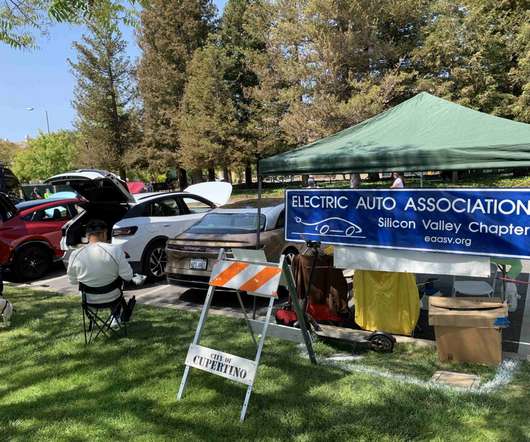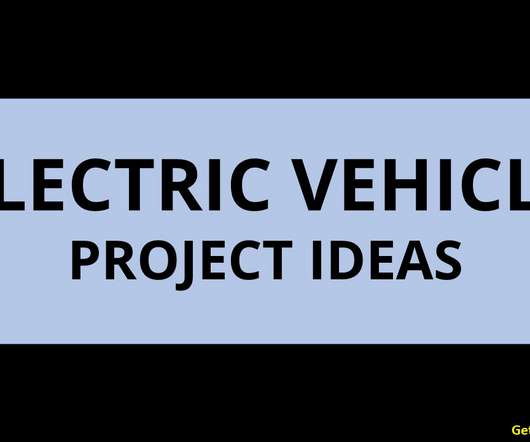Waterloo power management strategy greatly enhances durability of on-board fuel cells in FC-PHEV
Green Car Congress
MAY 11, 2019
Researchers at the University of Waterloo (Canada), with a colleague in Sweden, have used a power management strategy greatly to extend the durability of onboard fuel cells in a plug-in hybrid electric vehicle: an increase of 1.8, Architecture of FC-PHEVs with three fuel cell stacks as considered in the Zhang et al.



































Let's personalize your content